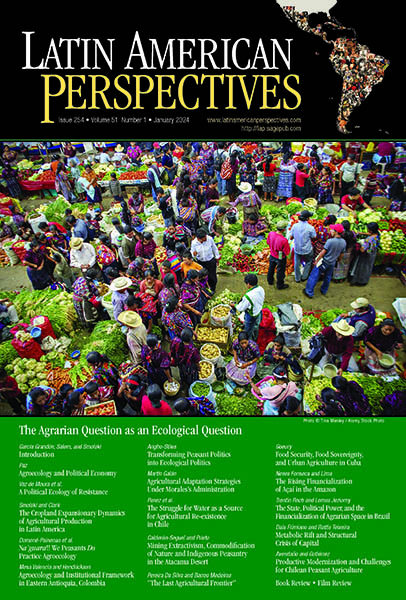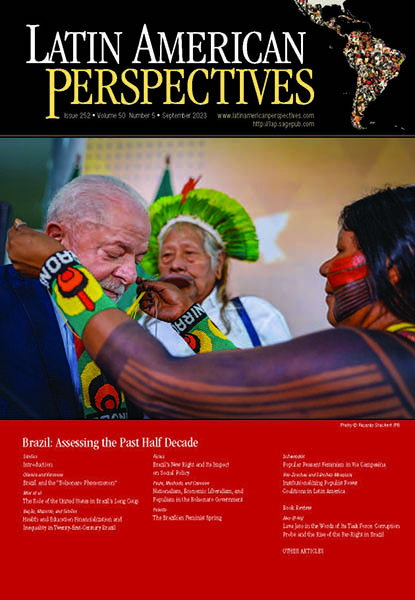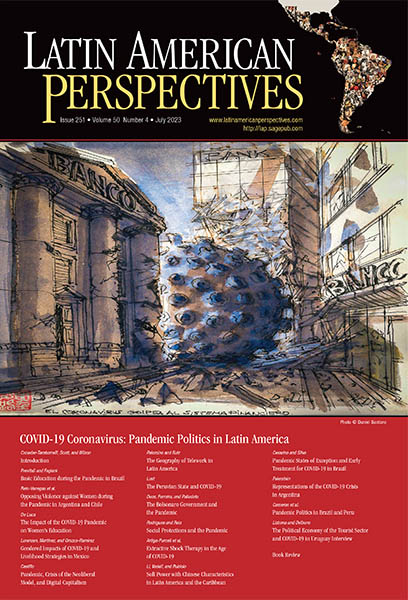Alcances y limitaciones del sexenio de Andrés Manuel Lopez Obrador (2018-2024)
Alcances y limitaciones del sexenio de Andrés Manuel Lopez Obrador (2018-2024) y los retos de Claudia Sheinbaum en México por Emelio BetancesUn balance de la gestión de Andrés Manuel López Obrador (Amlo) tiene necesariamente que empezar con el contexto histórico que hizo posible su victoria en 2018. El neoliberalismo había caído en una crisis de legitimidad y no se pudo levantar. Los partidos dominantes (Partido Revolucionario Institucional (PRI), Partido Acción Nacional (PAN) y Partido de la Revolución Democrática (PRD) ya no tenían nuevas propuestas. En ese contexto Amlo, un político carismático con un proyecto de nación que venía proponiendo desde los años ochenta, se proyectó presidenciable. Este político fuera de serie en el contexto mexicano había formado parte del proyecto político del ingeniero Cuauhtémoc Cárdenas, quien había competido en las elecciones de 1988 y que perdió contra Carlos Salinas de Gortari, gracias a un gigantesco fraude electoral.El surgimiento de un liderazgo nacionalEn las primeras décadas del siglo actual Amlo desarrolló su proyecto, <more>





